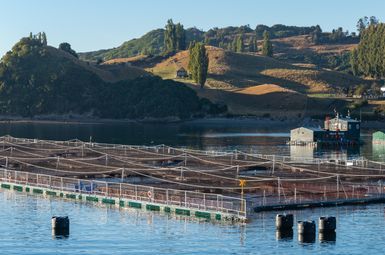
Humanity can farm more food from the seas to help feed the planet while shrinking mariculture’s negative impacts on biodiversity, according to new research led by the University of Michigan.

The way we grow, transport, and consume food must adapt in order to address global hunger and reduce greenhouse gas emissions. University of Michigan experts contribute best practices from architecture and urban planning, sustainable business, ecology, public policy, and public health, with the goal of achieving future solutions that are environmentally sound, equitable, and accessible to all. The Sustainable Food Systems Initiative and U-M Sustainable Food Program are on the leading edge in charting a new, more sustainable normal ー for U-M, the region, and the world.

Humanity can farm more food from the seas to help feed the planet while shrinking mariculture’s negative impacts on biodiversity, according to new research led by the University of Michigan.
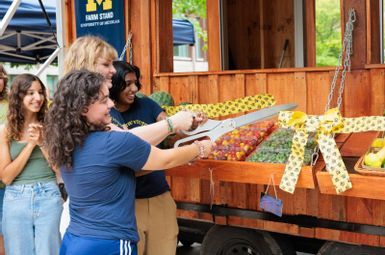
A new trailer is an exciting step forward in making fresh, local produce more accessible to the campus community.
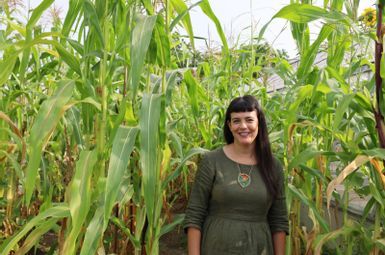
Maples is an Anishinaabe seed keeper, educator, and community organizer who has dedicated over a decade of work to Indigenous food sovereignty and justice.
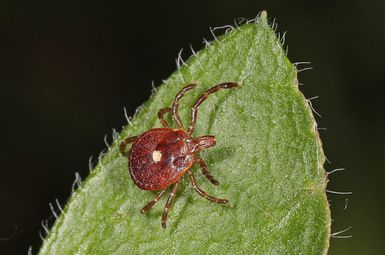
Nanoparticles delivered intravenously in mice can block the allergic reactions to red meat caused by the bite of the lone star tick, new research led by U-M shows. The condition, called alpha-gal syndrome, is on the rise in humans as climate change and other factors have led the ticks to expand their habitat.
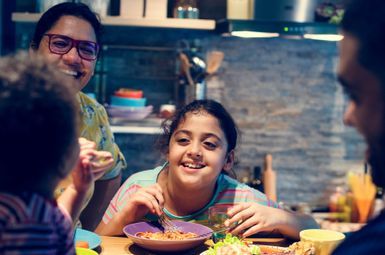
Each year, hundreds of thousands of Michigan parents worry whether they can afford to feed their children. Increased food prices, the state’s housing crisis, and the end of COVID-era financial support have all led to more Michigan families experiencing food insecurity today than before the pandemic.
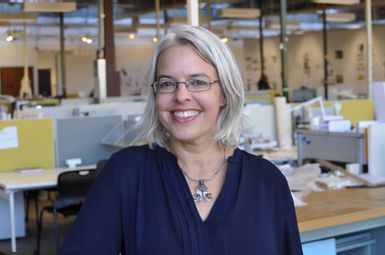
Urban agriculture can support cities’ wider goals and provide residents with self-grown, nutritious food if more governments start supporting – instead of criminalizing – the practice, Taubman College faculty member Lesli Hoey argues in a new book.
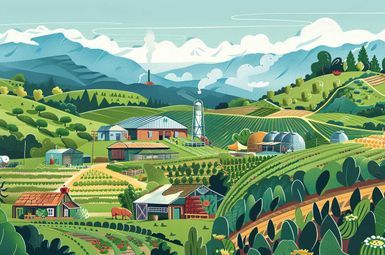
Faced with an ecological crisis, public health emergencies and socioeconomic inequities, agroecology emerges as a transdisciplinary beacon of hope.
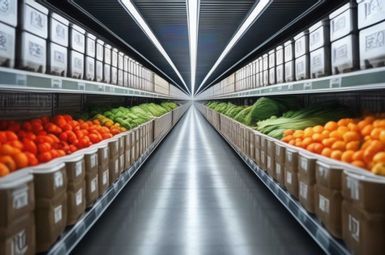
About a third of the food produced globally each year goes to waste, while approximately 800 million people suffer from hunger, according to the U.N.’s Food and Agriculture Organization.
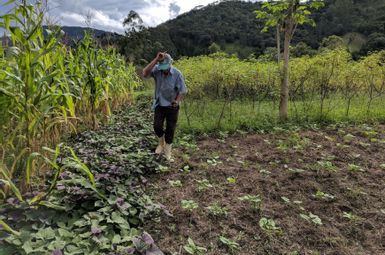
A new study published online April 4 in the journal Science finds that agricultural diversification comes with significant benefits, and very few negative effects.
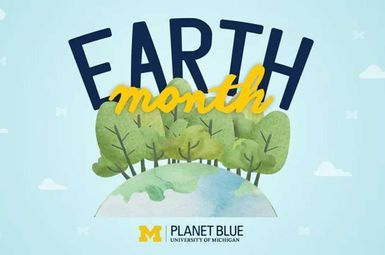
U-M is marking late March and all of April with a series of events focused on sustainability and climate action, continuing a tradition that began with the first “Teach-In on the Environment” in 1970—which grew into what is now known as Earth Day.
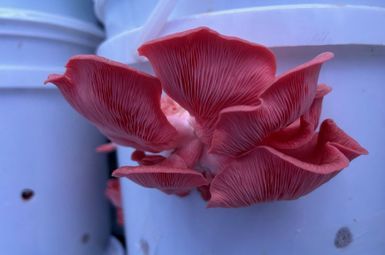
Mushrooms come with a seemingly endless list of things that make them unique, including some that glow in the dark, some that are poisonous, and others that have been living for thousands of years. In the natural world, they are known as efficient decomposers and fast growers that play an integral role in maintaining and restoring the ecosystem.
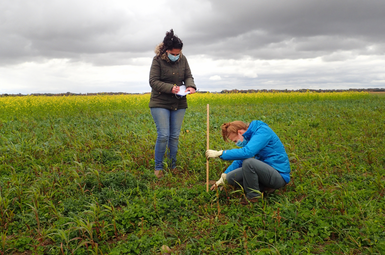
Rackham Ph.D. candidate Etienne Herrick-Sutton works with Great Lakes region farmers to identify strategies for improving the environmental and economic outcomes of cover cropping.
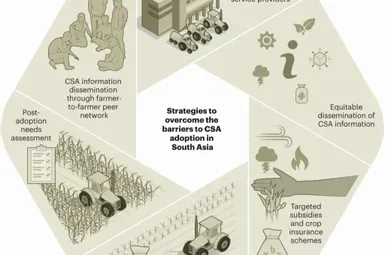
Despite the possibility of climate-smart agriculture improving food security, most CSA practices and technologies are not widely adopted in South Asia.
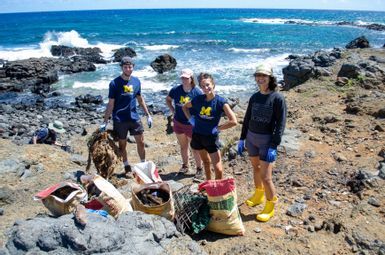
Spearheaded by SEAS PhD candidate Malu Castro, whose family is from Moloka‘i, the work of the first project supports one of the largest Land Back efforts in the modern era of the movement, and the second contributes to fostering and maintaining the longstanding tradition of subsistence agricultural production and other efforts to promote food sovereignty on the island.
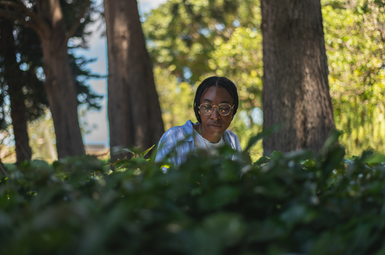
Alexa White studies sustainable agriculture in connection with a broader focus on environmental justice. What sustainable agriculture means to people from different parts of the world—and from different socioeconomic strata—is the focus of her dissertation work as a Ph.D. candidate in ecology and evolutionary biology. What environmental justice means to her is, “the right and autonomy for individuals to have access to fresh food, water, and basic human resources without being disenfranchised or oppressed.”
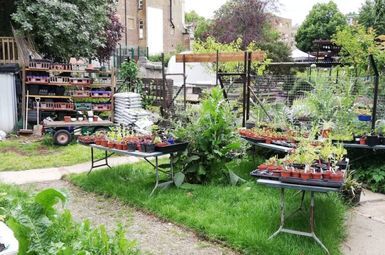
A new U-M-led international study finds that fruits and vegetables grown in urban farms and gardens have a carbon footprint that is, on average, six times greater than conventionally grown produce.

"We all know that food is a basic need, a basic right. How do we make refugees feel welcome? My solution was to have a refugee garden.”
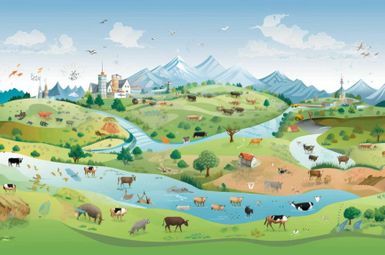
Agriculture can both help and hinder: It can act as an incubator of novel animal-borne microbes, facilitating their evolution into human-ready pathogens, or it can form barriers that help block their spread.
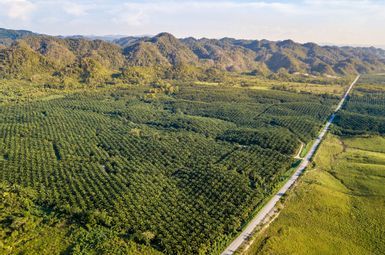
Producing palm oil has caused deforestation and biodiversity loss across Southeast Asia and elsewhere, including Central America. Efforts to curtail the damage have largely focused on voluntary environmental certification programs that label qualifying palm-oil sources as “sustainable.”
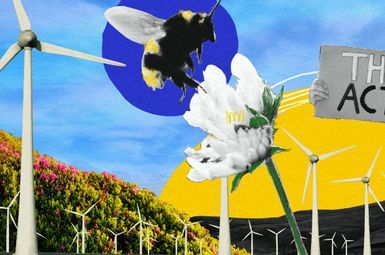
"Join the conversations already happening rather than remake the wheel. Climate anxiety is very real, and research shows individual actions don’t help reduce that, but collective action—joining groups, clubs, green teams, nonprofit organizations, local watershed coalitions—actually does reduce climate anxiety and eco grief."

"There’s a huge need for people who understand the natural environment and want to work in the urban setting. It’s a surprising gap where best and promising practices from natural resource management don’t make it into the urban planning and urban design space."
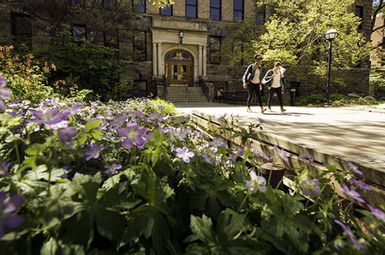
"We often say you don’t know where you’re going unless you know where you came from. Studying our history and being aware of all of the deep nuances of Black ag history is so important for what we’re doing today."
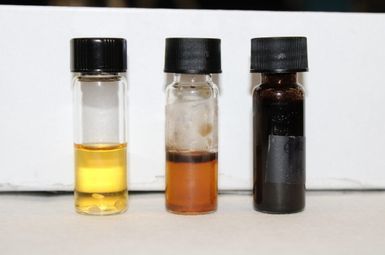
A U-M team, along with researchers and staff from Eastern Michigan University, Duke University and cleantech company 374Water, received $200,000 to fund research around converting lawn, garden and food waste from U-M’s Matthaei Botanical Gardens into valuable products, as well as heat and energy for the gardens’ facilities.
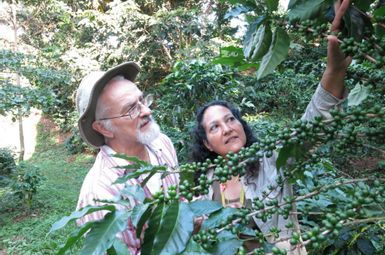
U-M ecologists Ivette Perfecto and John Vandermeer examine competition among the ant community at a Puerto Rican coffee farm and the maintenance of species diversity there.
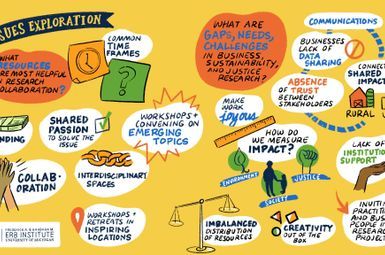
Instances of injustice lie everywhere—from workers’ rights violations to pollution that disproportionately harms low-income communities of color. The Erb Institute recently convened the workshop “Building Connections for Business, Sustainability & Justice Research,” bringing together scholars, corporate leaders and advocates to explore how research can inform solutions to pressing environmental, social and racial justice challenges.
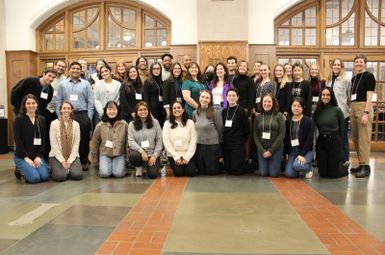
The Dow Sustainability Fellows Program, administered by the Graham Sustainability Institute, will award over $800,000 in tuition and project funding in 2023. The funds will support more than 40 outstanding graduate students from ten University of Michigan (U-M) schools, colleges, and units, including two large student projects funded by Dow Distinguished Awards.

In the effort to reduce plastic waste in the restaurant industry—single-use takeout containers, specifically—U-M researchers compared the lifetime environmental impacts of single-use and reusable food containers. Their findings support the idea that the number of times a reusable takeout container gets used is a key factor impacting its sustainability performance.
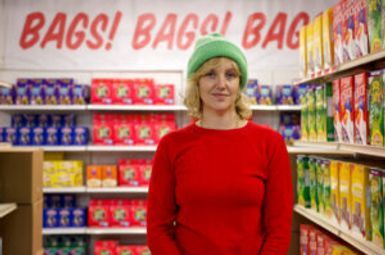
When what you harvest is trash, your crops are in season year-round and they yield overwhelming surplus. In the case of Brooklyn-based artist Robin Frohardt, her haul of single-use plastics, organically harvested from streets and garbage dumps, are artfully repurposed to create and fill an entire 6,000-square-foot supermarket.
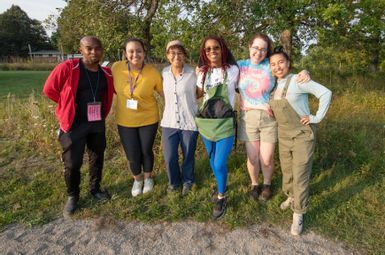
The Transformative Food Systems (TFS) Fellowship was created to attract student leaders who reflect the communities that are most affected by the interrelated environmental, health and economic food systems crises. The two-year program provides selected fellows with the learning and training needed to enable them to transform food systems to be equitable, healthy, and ecologically sound.
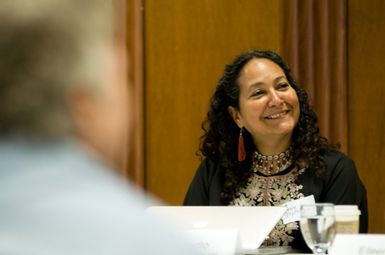
U-M Professor Ivette Perfecto recently highlighted the intersection of biodiversity conservation with agriculture on coffee farms. She stated that “about 40% of the Earth’s terrestrial surface is an agricultural system.” While many people may think that agriculture is always harmful to biodiversity, Perfecto says that many agricultural systems, such as the coffee agroforestry systems, can be diverse and “contribute significantly to the conservation of biodiversity.”

Fish excretions. Yes, that’s fish pee. Could it improve food security in the Caribbean? Allgeier thinks so, and it might even help slow global warming.
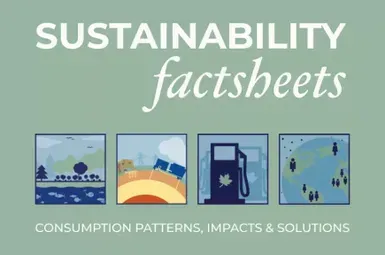
Did you know that the average North American household uses roughly 240 gallons of water daily? Or that the Department of Energy estimates that 75% of U.S. energy will come from fossil fuels in 2050, which is widely inconsistent with IPCC carbon reduction goals? Did you know that just 16¢ of every dollar spent on food in 2020 went back to the farm, whereas, in 1975, it was 40¢?
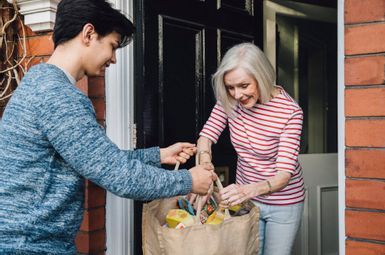
U-M and Ford Motor Co. researchers modeled emissions for a single 36-item grocery basket transported to the customer via dozens of traditional and e-commerce pathways. Of the various scenarios analyzed by the researchers, in-store shopping by a customer driving an internal-combustion-engine pickup truck produced the most emissions (expressed as kilograms of carbon dioxide equivalents).
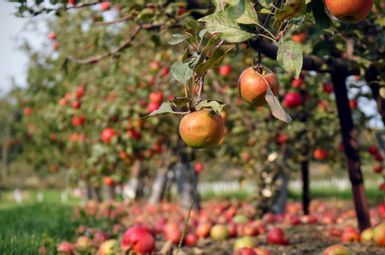
The Michigan Farmworker Project (MFP) is a community-based participatory research initiative aimed at improving the social and environmental health of Michigan’s farmworker population, who play a critical role in the state’s food supply chain. In May 2020, the researchers shared first-of-its-kind findings that provided evidence-based approaches to better protecting Michigan’s farmworkers from COVID-19 while providing essential work during the pandemic.
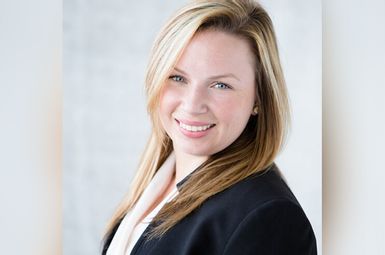
Trish Fisher's (MPP/MPH ‘23) work examines agricultural methane governance in the U.S. and Canada—two of the world’s largest producers, consumers, and exporters of livestock and animal source food products. “Recent research has demonstrated that even if global combustion of fossil fuels were to cease immediately, emissions from the global food system alone would exceed 1.5 degrees Celsius of warming and threaten the preclusion of 2 degrees Celsius of warming by 2100,” she said.
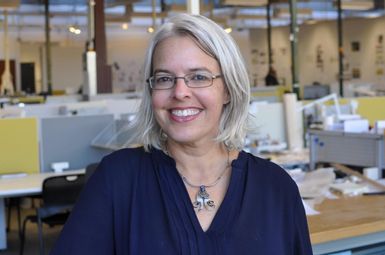
Taubman College Associate Professor of Urban and Regional Planning Lesli Hoey is leading a team of U-M faculty awarded a competitive grant from the Gilbert Whitaker Fund for the Improvement of Teaching to pilot a new Transformative Food Systems (TFS) Seminar. The interdisciplinary team seeks to fill a key gap in U-M’s sustainable food systems curriculum through a new cross-unit course.

More than 20% of older adults in the United States will experience food insufficiency at some point in their 60s and 70s, according to a U-M study.
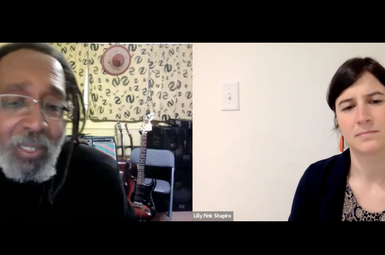
Malik Yakini is a co-founder and executive director of the Detroit Black Community Food Security Network, which aims to combat food insecurity and cultivate food sovereignty in Detroit’s Black community. The organization has operated the city’s largest urban farm, D-Town, in Rouge Park for more than 20 years and is working to launch the Detroit People’s Food Co-op.
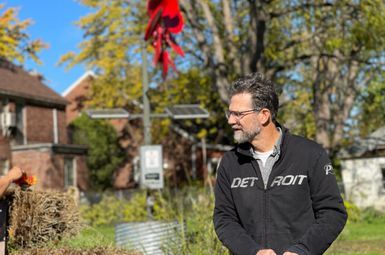
To Paul Draus, a trash-filled city alleyway is an opportunity, a river abused by industrial waste has potential and people battling addiction have promise. Detroit has plenty of all three, and Draus has joined arms with people trying to transform those seemingly undesirable qualities into something beneficial and beautiful.
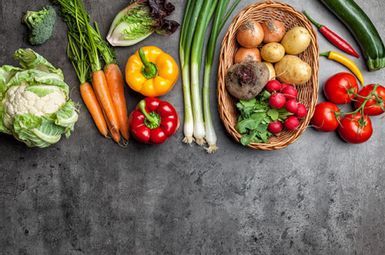
The Food Literacy for All series is a community-academic partnership course that invites guest speakers each week to address “challenges and opportunities of diverse food systems.” Recent speaker Dr. Priya Fielding-Singh, a sociologist and assistant professor at the University of Utah, researches the causes and consequences of health disparities in the US, with a focus on gender and family.
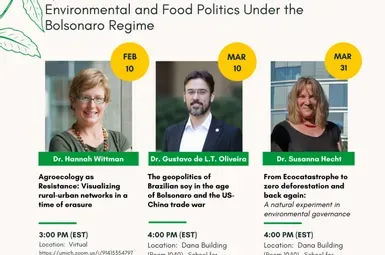
When Jair Bolsonaro, a right-wing populist, was elected as Brazil’s president in 2018, people began wondering about the consequences of that election for the environment, food systems, and trade, among many other social and ecological issues.
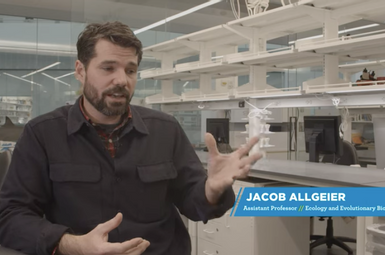
Jacob Allgeier, assistant professor of ecology and evolutionary biology, studies how nutrients and energy cycle through tropical ecosystems in order to better manage fisheries. The artificial reefs he’s building are an inexpensive, effective way to sustainably improve fisheries’ productivity.
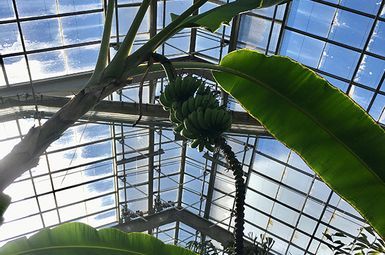
Winter visits to the conservatory at Matthaei Botanical Gardens are a treat for the senses: warm temperatures, lush greenery, and plants in bloom or in fruit. A visitor favorite is one of the banana tree plants, which just finished a fruiting cycle. Despite its height, it’s not a true tree after all.
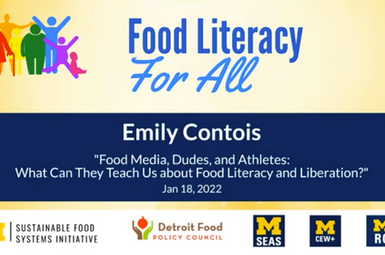
How do various foods and media shape who we are and think we can be, how we want to feel, and what we hope to look like? Are they good for us, or not?
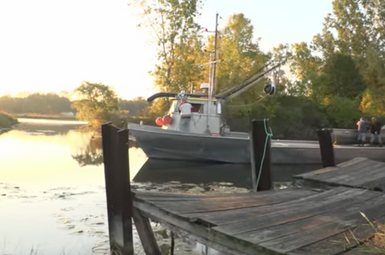
For Frank Turchan, executive chef at M Dining, using local produce is a way to support sustainability, but it’s also just good food. Turchan works with a number of farmers and producers both locally and from across the state. These include more than 20 companies that sell food products, such as Zingerman’s; Prairie Farms, a Midwest dairy cooperative; and Detroit’s Better Made Chips, McClure Pickle, Quality Meats & Culinary Specialties and LaGrasso Brothers, which grows lettuce and sources produce from other local farmers.